News 9/12/13
Health IT expenditures are rising as physician offices continue to adopt and optimize EHRs, according to an MGMA cost survey report. Annual IT expenditures per FTE physicians were $19,439 in 2012, a 28 percent increase since 2008. Offices also report increases in median staffing costs as additional personnel are hired to manage operations and provide clinical, and ancillary support. MGMA theorizes the increased staff costs may be the result of initiatives to improve patient satisfaction and provide more patient-centric care. The full report must be purchased so it’s unclear if MGMA proposes options for cutting costs, such as migrating to a cloud-based EHR to reduce IT expenses or merging with a larger practice/selling out to a hospital to leverage IT and staffing resources.
A couple of recent studies indicate the use of EMRs in physician offices can positively impact care. In a JAMA-published study, researchers found that switching from paper to EMRs led to “modest reductions” in the number of ED visits by diabetics (519 vs. 490 visits per 1,000 patients) and hospitalizations (251 vs. 239 per 1,000 patients). Also in JAMA:. a research letter reported that using an EMR that included automated growth monitoring helped doctors pick up on cases of possible growth disorders among kids.
And from another JAMA article: small EHR-enabled clinics that participated in an P4P incentive program showed slightly more improvements in cardiovascular care processes and outcomes.
Twin Fountains Primary Care Clinic (TX) implements simplifyMD’s EHR/PM platform.
MGMA-ACMPE names Garth Jordan (EDUCAUSE) COO.
ZirMed will offer tools to help providers transition to ICD-10.
Athenahealth releases the Demandforce automated marketing and communication service created by Intuit. Demandforce will be available on the athenahealth Marketplace for providers using athenaCommunicator and is designed to increase patient engagement, attract new patients, and measure the impact of marketing and social media efforts.
I just received my first MGMA party invite and it looks to be a fun one. Interestingly the invite highlights the host company’s RCM solutions, and makes no mention of the fact that it is a leading provider of ambulatory EHR solutions. Could this be a foreshadowing of what vendors will be highlighting this year?
eClinicalWorks and NextGen reseller PracticeMax acquires Chicago-based Medi-Data Service, a provider of billing and PM services.
Every year US consumers spend 52 hours researching health information online, but only make three visits to the doctor. Americans are most likely to search a pharma-sponsored website after being given a diagnosis from a physician, but also jump to the web before filling a prescription and after experiencing new symptoms. WebMD is the online resource most often accessed by physicians.
Ophthalmology EMR provider Medflow will use DataMotion Direct to enable the secure exchange of PHI for its 2,800 physician customers.
The 110-provider Prima CARE (MA/RI) selects Ingenious Med’s mobile revenue capture technology.
Email Inga.


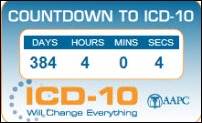

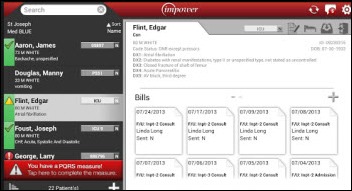

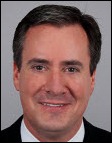

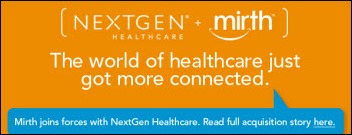






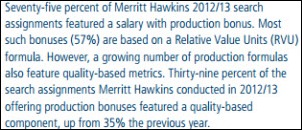
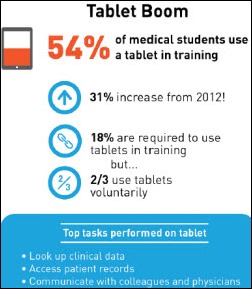
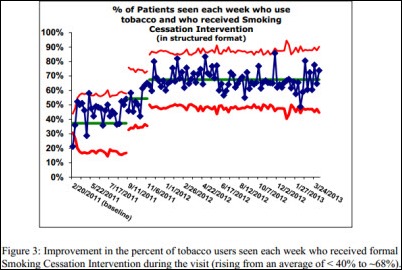
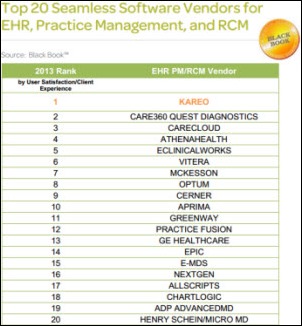
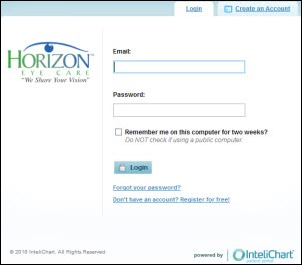
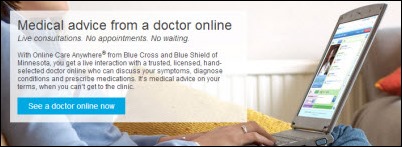




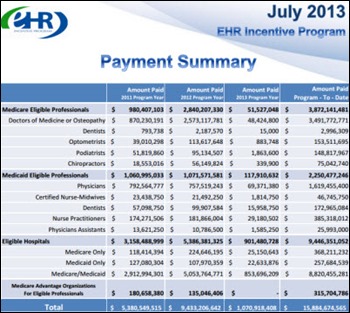
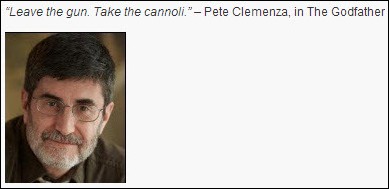

The article about Pediatric Associates in CA has a nugget with a potentially outsized impact: the implication that VFC vaccines…